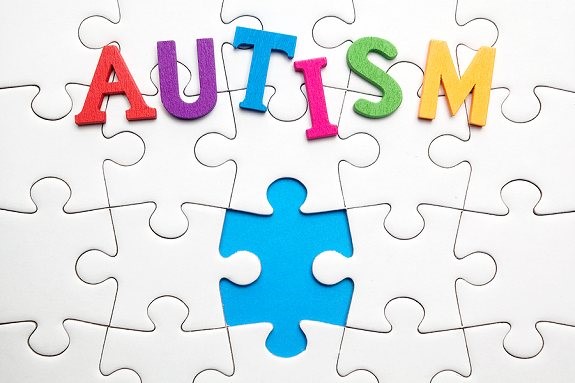Evidence - Based Practice

Applied Behaviour Analysis (ABA) is a science derived from the principles of behaviour and are systematically applied to improve socially significant behaviour (Cooper, Heron and Heward, 2007).
Through experimentation and identifying variables responsible for its improvement, ABA employs a wide range of teaching methods to maintain behaviours, teach new skills, and reduce undesirable behaviour. Its application with children with Autism and other Developmental Disorders has proven effective in making socially significant change and to improve the lives of children and their parents/caregivers. ABA treatment accomplishes this by collecting data on observable and measurable behaviours and analysing them as a main indication of the effectiveness of interventions. We provide services through the application of behaviour analytic methods (ABA).
At FOS ABA Centre, every aspect of our services is based on ABA. We provide services through the application of behaviour analytic methods (ABA). Our approach is uniquely designed for every child. From one-on-one sessions to group therapy and real-life situations, our therapy services are highly personalized to meet your child's unique needs Assessing the learners' present skills/capabilities, barriers to learning and instructional needs using assessment instruments based on B. F. Skinner's analysis of Verbal Behaviour.

HOW DOES ABA AFFECT PEOPLE WITH AUTISM?
ABA therapy was originally developed in the 1960s, and it has been continuously researched and validated since with ongoing peer-reviewed studies. Through decades of research, ABA has proven to be highly effective in building life skills - particularly with early intervention. ABA can also be useful for adults with autism, though research in this group has not been nearly as extensive.
